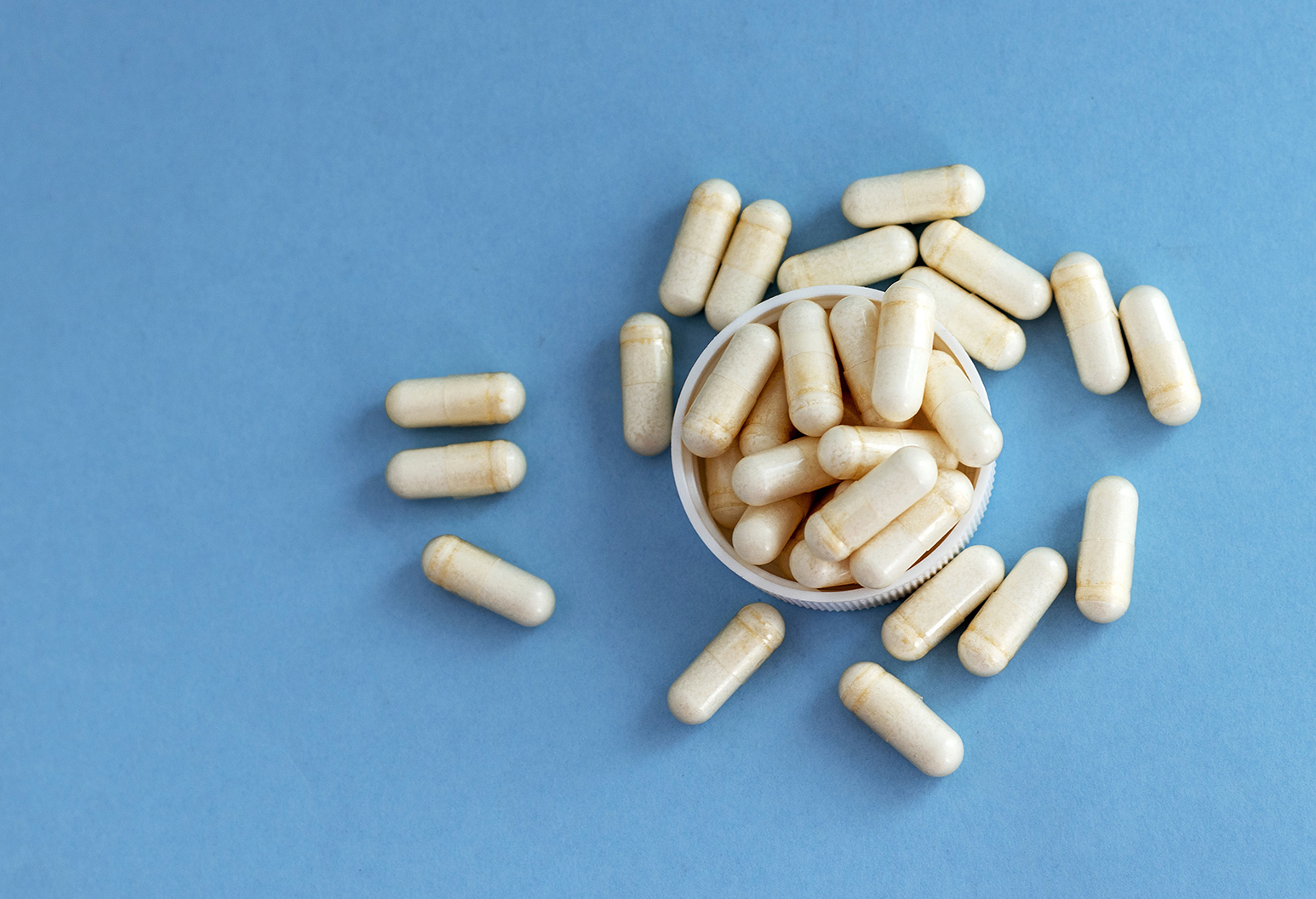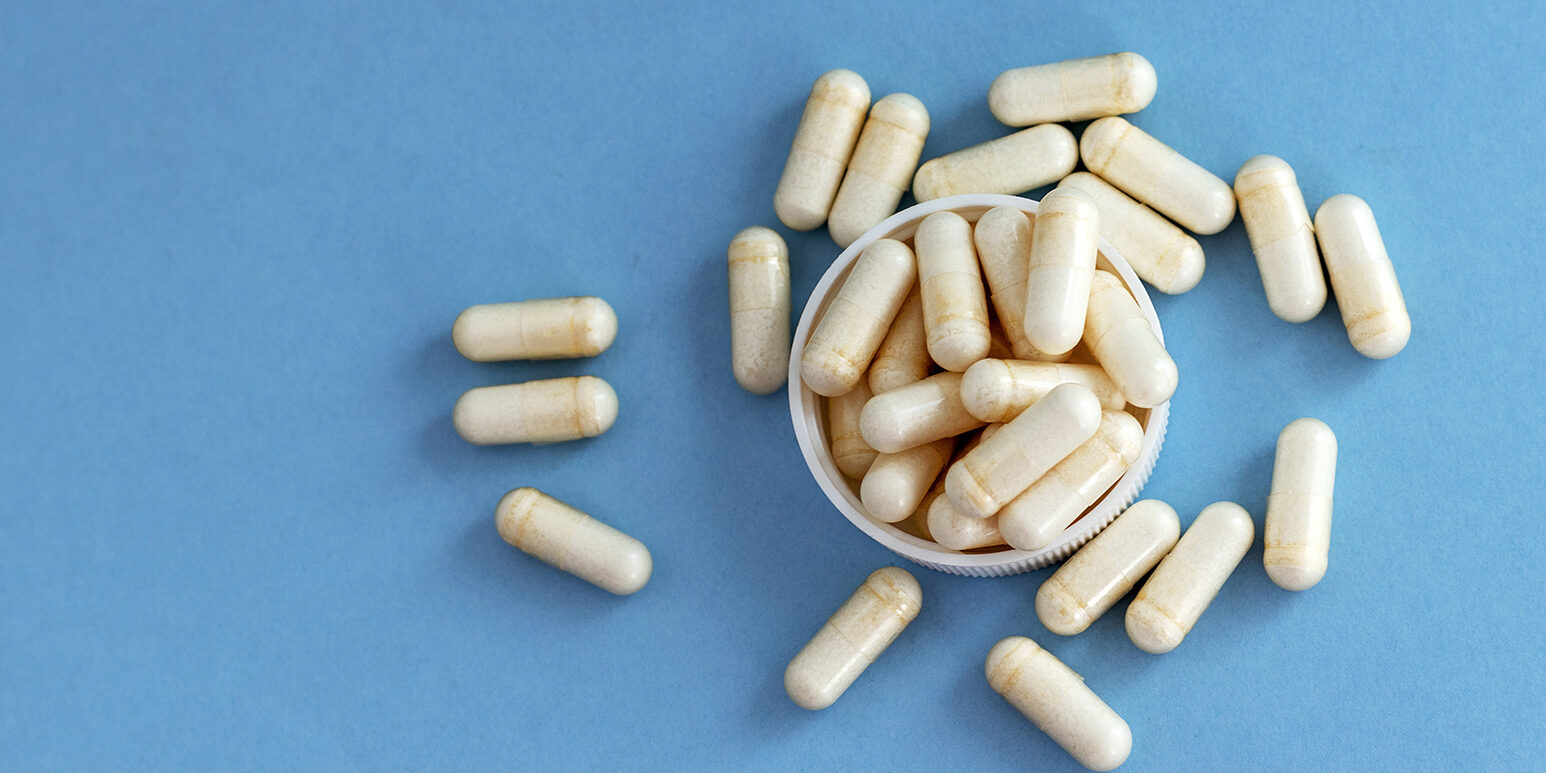 By Helaine Krasner, MS, RDN, CSOWM, CDN
By Helaine Krasner, MS, RDN, CSOWM, CDN
We live in a time of abundance, yet we also understand there can still be times of scarcity. We all remember the temporary toilet paper shortage at the beginning of the COVID-19 pandemic. It can be easy to conclude that more of something good is better, and in some cases it is. Take exercise for instance. Research shows that we gain increased health benefits from physical activity the more we do. However, many things in life are best in moderation.
Sometimes more is actually less. Take vitamin and mineral supplements, for example. The body only has a limited capacity for absorption and this capacity is regulated depending on individual needs at a specific point in time. Excess amounts are often excreted in our urine. Although this sounds relatively harmless, excess intake of some supplements can cause harm either by leading to toxicity, blocking absorption of other micronutrients, or masking symptoms of health problems. Advertising for supplements typically promotes “mega” doses for improved health, but it is not wise to exceed 100 percent of the recommended daily allowance of vitamins and minerals without consulting a healthcare professional.
Another example where less may be better applies to protein intake. Research shows that the body needs a minimum amount of protein to sustain health, otherwise signs and symptoms of malnutrition begin to appear. However, once the body gets what it needs to perform necessary functions, including repair and maintenance of our tissues, we don’t gain additional benefit by eating more protein. Excess protein will either be converted to energy if carbohydrates are not available or will be converted to fat which is how we store energy for future use. A simple way to estimate grams of protein needed per day is to divide your body weight in half, although individual needs will vary depending on health issues and weight.
It’s also possible to have too much of a good thing when it comes to healthy fat intake. We may be aware that nuts are high in unsaturated fats that promote good health and decrease risk of cardiovascular diseases, but nuts are also a high calorie food. A single serving is approximately one-quarter cup and provides about 200 calories. Consuming greater amounts on a regular basis has not been shown to provide greater benefit, and the excess calories can quickly add up, increasing the risk of obesity, which in turn increases risk of cardiovascular disease.
The phrase “just enough is plenty” can also be applied to our attempts to adopt healthier habits. We may approach lifestyle change with enthusiasm and set lofty goals to drastically and immediately turn things around. This strategy can sometimes backfire if we don’t follow through on our intentions or don’t achieve the results we were hoping for. It is natural to become focused on what we are not doing well or where we are falling short, leading to frustration, and giving up on the plan. It is important not to underestimate the power of baby steps that progress us forward. Small changes sustained over time have the power to transform us.
When it comes to many things in life, just enough is plenty.
Helaine Krasner, MS, RDN, CSOWM, CDN is a registered dietitian nutritionist who takes great pride in helping our Bariatric and Medical Weight Management patients achieve their health and weight loss goals.


